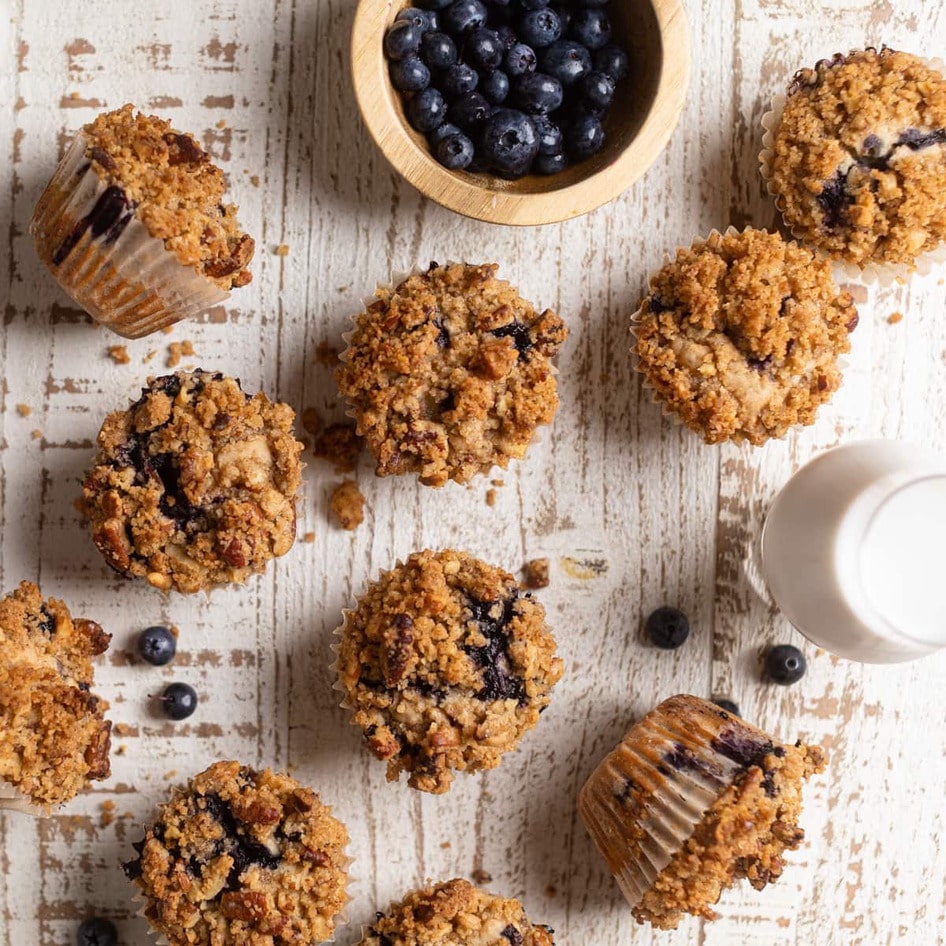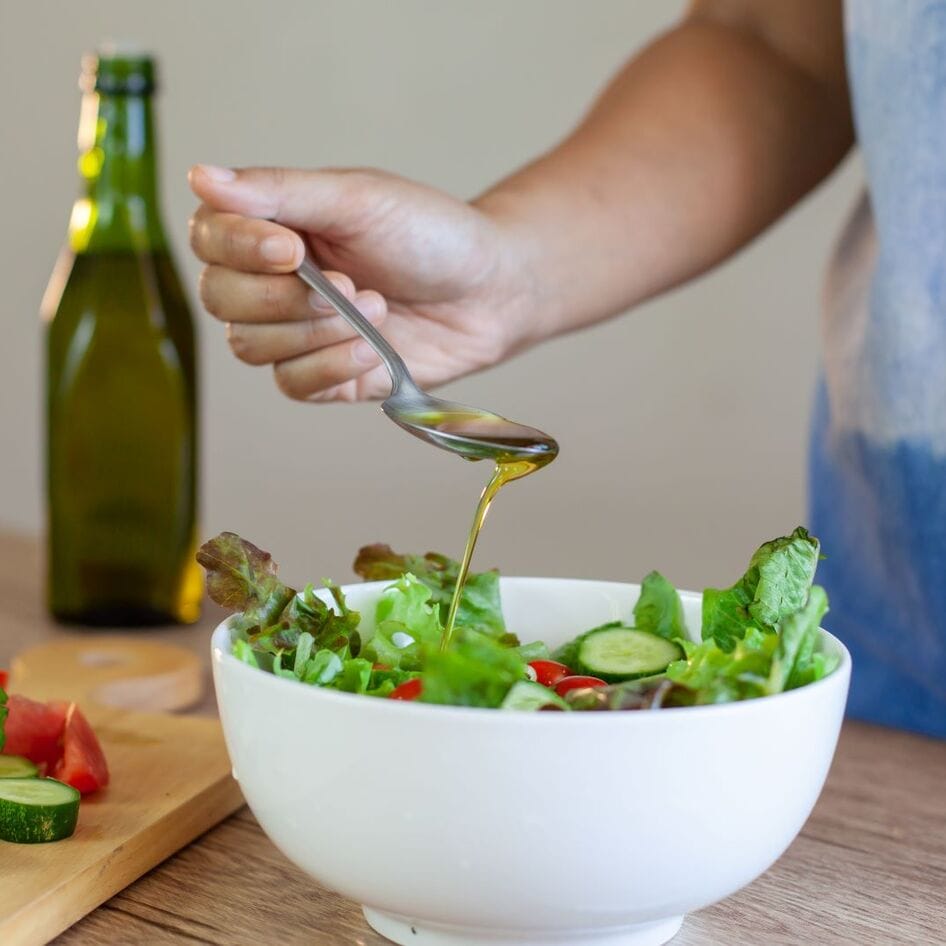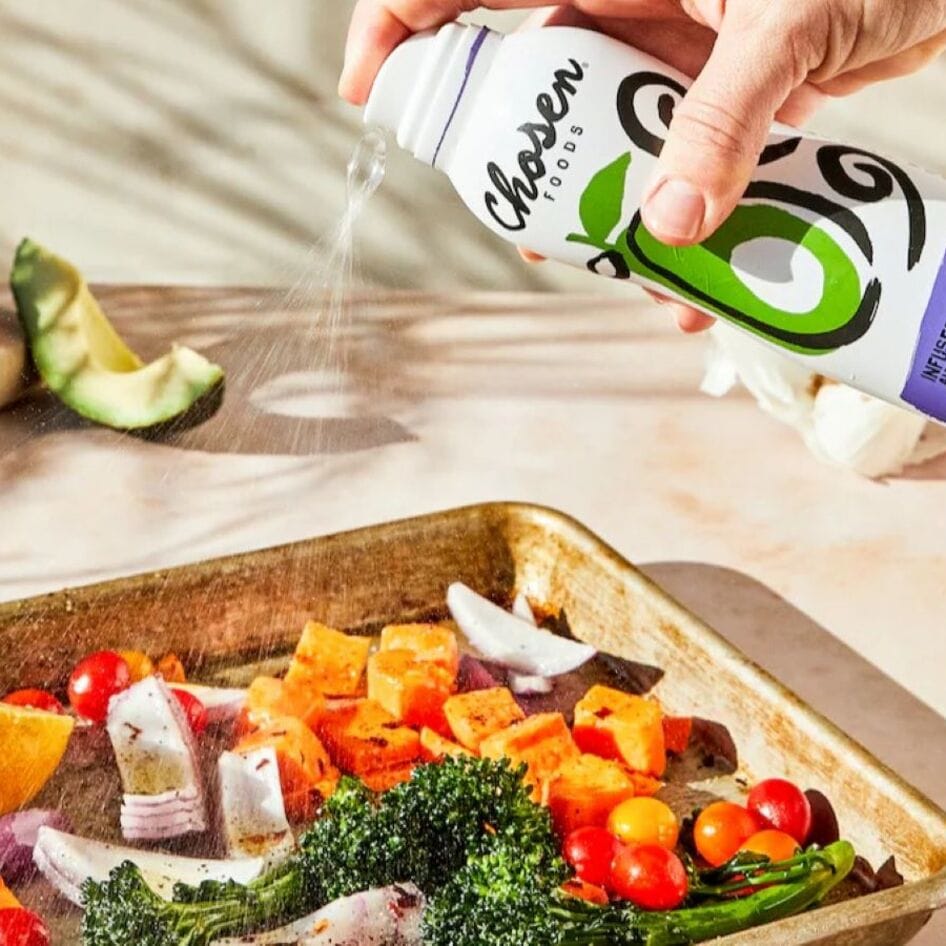So Long, Stevia?
Does this sugar stand-in stymie hopes for fertility in the future? VN’s resident nutritionist studies the sweet substitute.
April 9, 2009
Confused about whether or not switching from sugar to stevia might hurt your chances at parenthood? Your nutritional debate is understandable. Though the Food and Drug Administration approved stevia in December, there’s still some question about how much is really safe, especially if you’re trying to conceive. The short answer is that adding stevia to a cup of tea or coffee each day won’t compromise your health. However, stevia is worth scrutinizing if you plan to use it often or in large quantities.
Stevia is a shrub native to South America with leaves sweeter than white sugar. It’s calorie-free and one of just a few alternative sweeteners for people with diabetes, and the FDA has designated stevia Generally Recognized as Safe. (This is controversial because there are many products deemed “safe” by the FDA that I would never consider consuming, and the FDA has a history of protecting big agribusiness over human health—but there’s an element of truth to this one.) Stevia has been used in other countries for centuries without ill effects. Used to sweeten yerba mate in Paraguay and in Japan to sweeten pickles since the 1970s, stevia—in small quantities—has not been proven harmful. The main concern is that if we mass-market this plant extract as we have with soy, stevia could become a ubiquitous ingredient in everyday packaged foods. If your energy bar, smoothie, tea, and dairy-free ice cream are all sweetened with stevia, that might be more than is considered healthy.
North Americans, in general, still think more equals better, and tend to go to extremes when we find something we like. Again, it’s similar to the soy story: Asian cultures eat moderate amounts of soy daily in whole-food forms without negative consequences; Western cultures have processed and refined soy into isolated protein components, added it to highly processed energy bars, and continue scarfing them down like health foods. This is where the problems lie. The specifics on stevia show that high amounts affect male reproductive health with reduced sperm counts and possible infertility. In some laboratory studies, stevia acts on a cell’s DNA to cause unwanted mutations and may promote cancer. In other studies, large amounts of stevia interfere with normal carbohydrate metabolism. Recently, the Center for Science in the Public Interest lists stevia as an additive that people should “try to avoid,” but maintains that small amounts are probably safe.
The bottom line is that a little is probably fine, but a lot is not. That’s advice for almost any situation. One or two cups of coffee with stevia is not raising concern amongst researchers. It’s the scenario where stevia sweetens diet soda, fruited waters, and every piece of chewing gum stuck to your shoe that is of concern. Keep your diet clean, eat lots of fruits and veggies, go ahead and ditch the tighty-whiteys, and your fertility will likely be fine.
JUMP TO ... Latest News | Recipes | Guides | Health | Subscribe







